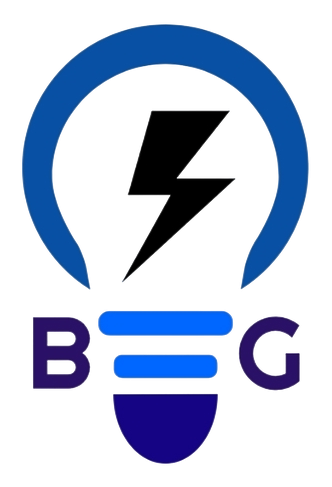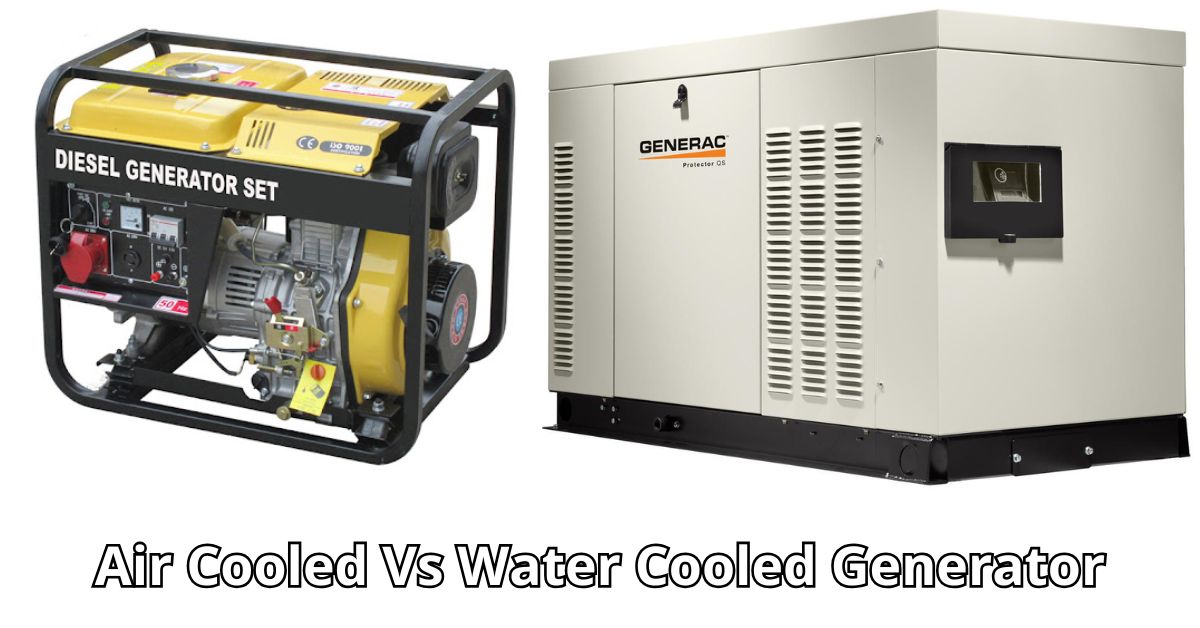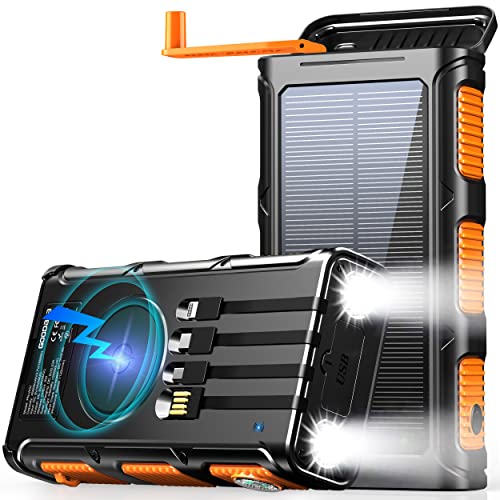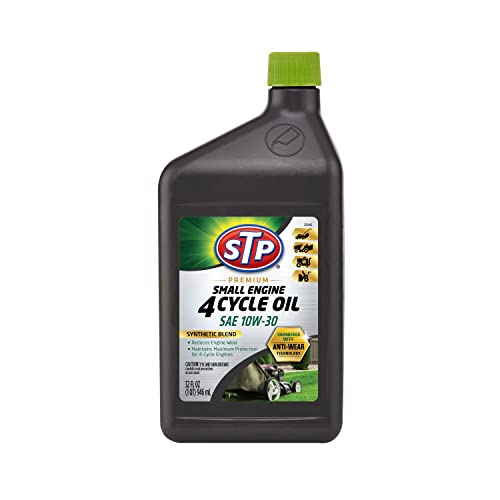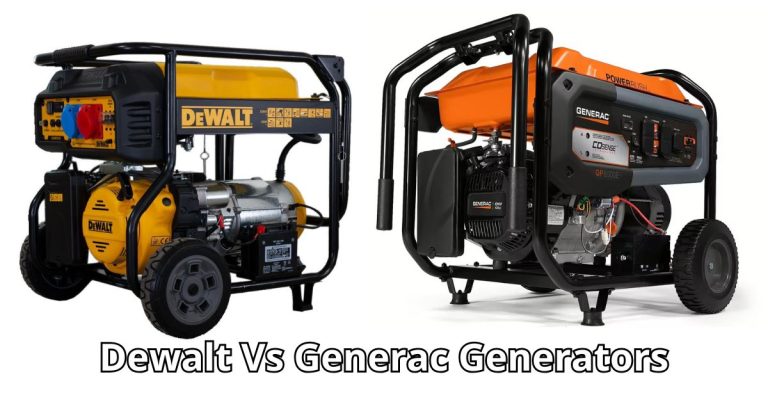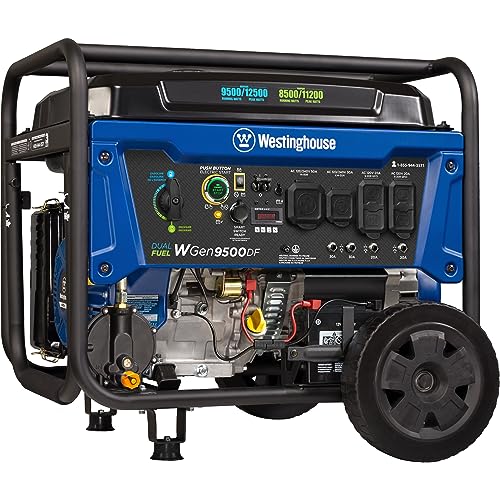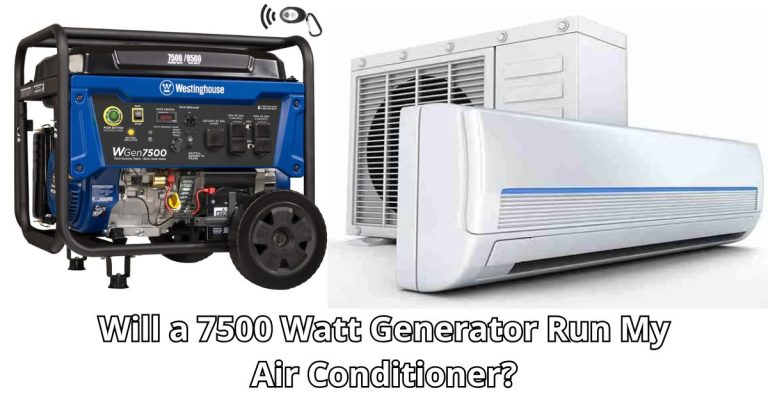Air Cooled Vs Water Cooled Generator: Which Is Best for You?
Choosing between an air-cooled and a water-cooled generator can be tough. Both have unique advantages and drawbacks.
Comparing these options helps you make an informed choice for your needs. An air-cooled generator uses air to reduce heat, while a water-cooled generator uses water. This comparison is crucial because your decision impacts efficiency, cost, and maintenance. Understanding the differences ensures you get the right generator for your specific situation.
Let’s dive deeper into the pros and cons of each type to help you decide.
Introduction To Cooling Methods
Generators play a crucial role in providing backup power during outages. To ensure their efficiency and longevity, proper cooling is essential. Two common cooling methods are air cooling and water cooling. Understanding these methods can help you choose the right generator for your needs.
Importance Of Generator Cooling
Cooling is vital for generators to prevent overheating. Excessive heat can damage internal components, reducing the generator’s lifespan. Efficient cooling ensures optimal performance and reliability.
Basic Principles Of Air And Water Cooling
Air cooling uses fans to blow air over the generator’s engine. This method is simple and requires less maintenance. It is suitable for smaller generators and in environments with lower temperatures.
Water cooling involves circulating water through the engine. The water absorbs the heat, which is then dissipated through a radiator. This method is more efficient for larger generators and high-temperature environments.
| Cooling Method | Advantages | Disadvantages |
|---|---|---|
| Air Cooling |
|
|
| Water Cooling |
|
|

Credit: rcaelectric.com
Air Cooled Generators
Choosing the right generator can be challenging. One popular option is the air-cooled generator. These generators use air to cool the engine. They are often used for home backup power and small businesses. Let’s explore how they work and their pros and cons.
How Air Cooling Works
Air-cooled generators use a fan to blow air over the engine. This process helps to remove heat. The air absorbs the heat and carries it away. This is similar to how a fan cools a computer.
The engine has fins that increase the surface area. More surface area allows more heat to be removed. The fan moves the air quickly over these fins. This way, the engine stays cool even when running for long periods.
Advantages Of Air Cooled Generators
- Simplicity: These generators have fewer parts. This makes them easier to maintain.
- Cost-effective: They are usually cheaper than water-cooled generators.
- Lightweight: They are lighter, making them easier to move around.
- Portable: Their small size and light weight make them ideal for portable use.
Limitations Of Air Cooled Generators
- Noise: They tend to be noisier. The fan and engine create more sound.
- Efficiency: They are less efficient in very hot weather. Air is less effective at removing heat in high temperatures.
- Power output: They typically have a lower power output. This makes them less suitable for large applications.
Air-cooled generators can be a great choice. Their simplicity, cost, and portability are major benefits. But they may not be the best for all situations. Consider your needs carefully before choosing.
Water Cooled Generators
Water cooled generators use liquid coolant to manage engine temperature. This system is efficient, reliable, and suitable for heavy-duty operations. Let’s explore how water cooling works, its advantages, and its limitations.
How Water Cooling Works
A water cooled generator circulates coolant through the engine. The coolant absorbs heat and moves it to a radiator. The radiator then releases the heat into the air. This process keeps the engine at an optimal temperature.
Advantages Of Water Cooled Generators
Water cooled generators offer several benefits:
- Efficiency: These generators cool more effectively than air cooled models.
- Quiet Operation: They produce less noise, making them ideal for residential areas.
- Longevity: Proper cooling extends engine life and reduces wear and tear.
- Higher Power Output: Suitable for larger, more powerful generators.
Limitations Of Water Cooled Generators
Despite the benefits, water cooled generators have some downsides:
- Cost: They are usually more expensive than air cooled models.
- Maintenance: They require regular coolant checks and system maintenance.
- Size: These generators are typically larger and heavier.
- Potential Leaks: There is a risk of coolant leaks, which need prompt attention.
Comparison Factors
Choosing the right generator for your needs involves comparing various factors. Let’s break down the key differences between air-cooled and water-cooled generators under the following comparison factors.
Efficiency And Performance
Air-cooled generators use air to cool the engine. They are simple and efficient for smaller loads. These generators are ideal for residential use. They are lightweight and easier to move.
Water-cooled generators use liquid coolant. This provides better cooling and allows for higher power output. They are suitable for industrial applications. They run smoothly under heavy loads.
Installation And Maintenance
Installing an air-cooled generator is straightforward. They require less space and fewer components. Maintenance is easier due to the simple design. Regular checks on the air intake and filters are needed.
Water-cooled generators need a more complex installation. They require a cooling system with pumps and radiators. Maintenance involves checking coolant levels and system integrity. This can be more time-consuming.
Cost Considerations
Initial costs for air-cooled generators are usually lower. They have fewer parts and simpler systems. Operational costs are also lower due to less maintenance.
Water-cooled generators come with higher initial costs. They have more complex systems and components. Long-term operational costs can be higher due to the need for regular coolant checks and maintenance.
| Factor | Air-Cooled Generators | Water-Cooled Generators |
|---|---|---|
| Efficiency and Performance | Ideal for smaller loads, lightweight | Handles heavy loads, smoother operation |
| Installation and Maintenance | Simpler, less space required, easy maintenance | Complex, more space, time-consuming maintenance |
| Cost Considerations | Lower initial and operational costs | Higher initial and operational costs |
Environmental Impact
Air cooled generators tend to be more environmentally friendly due to lower water usage. Water cooled generators, though efficient, can contribute to water scarcity issues.
Understanding the environmental impact of generators helps in making the right choice. Air cooled and water cooled generators have different environmental footprints. Each has unique aspects that affect the environment.
Energy Consumption
Energy consumption is a key factor in environmental impact. Air cooled generators use air to cool the engine. They often consume less energy compared to water cooled generators. Water cooled generators use water pumps and fans. This requires more energy. The extra energy use can lead to higher carbon emissions.
Noise Levels
Noise pollution is another environmental concern. Air cooled generators tend to be noisier. The cooling fans and air flow create more sound. Water cooled generators are generally quieter. The water cooling system reduces noise levels. Lower noise levels contribute to a more peaceful environment.
Eco-friendliness
Eco-friendliness involves the materials and emissions of generators. Air cooled generators are simpler. They use fewer materials and parts. This makes them easier to recycle. Water cooled generators have more components. Their complex systems can be harder to recycle. Both types emit greenhouse gases. Yet, the energy efficiency of air cooled generators often results in fewer emissions. Selecting a generator with lower emissions can help protect the environment.
Application Scenarios
Understanding the right type of generator for different applications can be crucial. Air-cooled and water-cooled generators serve different purposes. Knowing where and how to use them can help you make a better choice. Let’s explore some common application scenarios for each type.
Residential Use
Air-cooled generators are often used in homes. They are smaller, lighter, and less expensive. They can handle basic household needs during power outages. These generators are easy to maintain and install. Water-cooled generators, on the other hand, are less common for residential use. They are larger and more expensive. They are better suited for homes with higher power needs.
Commercial And Industrial Use
Water-cooled generators are ideal for commercial and industrial settings. They can handle large power loads and run for long periods. They are more durable and reliable in these environments. Air-cooled generators might struggle with the high demands of commercial use. They are better suited for small businesses with lower power requirements.
Specialized Applications
Specialized applications often require water-cooled generators. They are used in data centers, hospitals, and other critical infrastructure. These settings need reliable, continuous power. Air-cooled generators might be used in less critical applications. They are useful for temporary power needs or outdoor events.
Choosing The Right Generator
Choosing between an air-cooled and water-cooled generator can be challenging. It’s crucial to understand your needs and consult with experts before making a decision. Let’s explore how to choose the right generator for your specific requirements.
Assessing Your Needs
Start by assessing your power needs. Consider the following:
- How much power do you need?
- What type of environment will the generator operate in?
- How often will you use the generator?
Air-cooled generators are typically used for smaller, less demanding applications. They are easier to maintain and usually cost less. Water-cooled generators, on the other hand, are suitable for larger and more continuous power needs. They are more efficient and durable but require more maintenance.
Consulting With Experts
Once you’ve assessed your needs, consult with experts. They can provide valuable insights and recommendations based on your specific situation. Here are some questions to ask:
- Which type of generator is best for my power needs?
- What are the maintenance requirements for each type?
- What is the cost difference between air-cooled and water-cooled generators?
Experts can also help you understand the long-term costs and benefits of each type, ensuring you make an informed decision.
Making The Final Decision
After consulting with experts, it’s time to make the final decision. Consider the following factors:
| Factor | Air-Cooled Generator | Water-Cooled Generator |
|---|---|---|
| Cost | Lower | Higher |
| Maintenance | Less frequent | More frequent |
| Efficiency | Lower | Higher |
| Durability | Lower | Higher |
Weigh the pros and cons of each type. Choose the one that best fits your needs and budget. Remember, the right generator can provide reliable power for years to come.
Future Trends In Generator Cooling
Generator cooling methods are evolving. The choice between air cooled and water cooled generators is crucial. Both have benefits and drawbacks. Let’s look at the future trends in generator cooling. We will explore technological advancements, sustainability considerations, and market predictions.
Technological Advancements
Technology is rapidly advancing. Air cooled generators are becoming more efficient. They are using better materials and design. Improved airflow systems help cool the generators faster. This reduces overheating risks.
Water cooled generators are also seeing improvements. New cooling fluids are being developed. These fluids are more effective and safer. Advanced sensor systems monitor temperature closely. This ensures optimal performance and longevity.
Sustainability Considerations
Sustainability is a key concern. Air cooled generators use less water. This makes them more eco-friendly in water-scarce areas. They also have fewer parts, reducing waste and maintenance costs.
Water cooled generators are focusing on better water management. New technologies recycle and reuse water. This reduces the environmental impact. Many systems now use biodegradable cooling fluids. This further minimizes harm to the environment.
Market Predictions
The market for generator cooling is growing. Air cooled generators are expected to gain popularity. They are cost-effective and easy to maintain. Small and medium businesses prefer them.
Water cooled generators will remain important. They are suitable for heavy-duty applications. Industries with high power demands will continue to use them. Hybrid systems combining both cooling methods may emerge. This offers the best of both worlds.

Frequently Asked Questions
What Is The Main Difference Between Air Cooled And Water Cooled Generators?
Air cooled generators use air to dissipate heat, while water cooled generators use water. This difference affects their efficiency, maintenance, and cost.
Which Generator Type Is More Efficient?
Water cooled generators are generally more efficient. They can handle higher loads for longer periods due to better cooling.
Are Water Cooled Generators More Expensive?
Yes, water cooled generators are typically more expensive. They have higher initial costs and maintenance requirements compared to air cooled generators.
Which Generator Type Requires More Maintenance?
Water cooled generators require more maintenance. They have more components like pumps and radiators that need regular checks and servicing.
Conclusion
Choosing between air-cooled and water-cooled generators depends on your needs. Air-cooled generators work well for smaller, less demanding applications. They are simpler and need less maintenance. On the other hand, water-cooled generators handle larger loads and run more quietly. They are suitable for heavy-duty use.
Consider factors like budget, space, and usage. Each type has its pros and cons. Evaluate them carefully. Make an informed decision to ensure reliable power.
